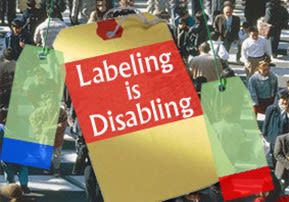
Labeling is Disabling
We often box the people we meet into categories and file them away in our ‘personnel folder’ for future reference. Is this really necessary?

It’s human nature to box the people we meet into categories and file them away in our ‘personnel folder’ for future reference. Is it really necessary?
It’s human nature to put the people we meet into categories and then file them in our ‘personnel folder’ for future reference. Is it really necessary? To what extent does it reflect the truth?
When we meet someone for the first time, our impressions are usually based on external factors. For the sake of being orderly, we give that person a label and put him in the appropriate category. Sometimes we make prior assumptions about a person based on his title, (such as lawyer, clerk or accountant), physical appearance, ethnic origin, or political party).
When we pin a label on someone based on our first impression, we’re forming an emotional connection to that person. In many cases, however, if not all, the reality is far different from our initial impressions.
Let’s look, for example, at a young man beginning a college course. Entering the classroom for the first time, he looks around and quickly draws conclusions about the other students. "The guy on my right," he thinks, "looks like a nice guy, a friendly type (because his external features fit well with some previously attained stereotype). But that guy on my left looks like a bad type, I’d better stay away from him (and here too, it’s all a result of first impressions based on externalities and the consequent labeling)."
A week later, he realizes that his intuition was correct. The student on his right is likeable, while the one on his left is withdrawn, unsmiling and unfriendly. He assumes that his original assumptions were right on target.
There is, however, a different possibility. By giving good and bad grades to his classmates, the young man unwittingly caused his fellow students to act towards him in the way they did. The process started when he entered the classroom and catalogued the students based on his first impressions. When the student he liked looked his way, he smiled and acted friendly, without even being aware of it. But when the student to his left looked his way, he avoided his glance and frowned.
Perhaps, sometime during the year, it may become apparent that his initial impressions were wrong and the student on his left is goodhearted while the one on the right creates problems. Whether or not he will be willing to change his initial impression depends on how he feels by the time he discovers that error. He locked his classmates – and himself – into a box, which is difficult to get out of.
In addition to labeling others, we have a tendency to box ourselves into a specific category. This stops us from doing things to elevate ourselves, both spiritually and materially, since we accept a view of ourselves and are not willing to look further. Because self-development and growth doesn’t fit in with the picture we’ve created of ourselves, we arrest potential advancement.
Labeling is especially disabling for children. A label can destroy a child’s self esteem, and influence how a child will develop his or her natural talents, self-confidence and self-expression.
People are repulsed at the idea of being pigeonholed into some artificial category. They feel trapped. That’s because everyone unconsciously realizes that we are defined by our true essence – unique individuals created in the Divine Image – and not by some artificial category.
On the other hand, labeling has some positive uses. For example:
A. Sorting people by their ability, such as using aptitude tests to determine what we can expect from them.
B. Identifying personality types. This is a tool for understanding another person’s needs, and is especially useful for helping parents relate to their children.
When Yaakov blessed his sons, the twelve tribes of Israel, he stressed their individual strengths and the special contribution each tribe could make to the Jewish people as a whole. This enabled the tribes to understand one another so they could assist each other in fulfilling their potential.
The difference between positive categorizing and disabling labeling is that categorizing is used as a tool to understand the other person, to discover that person’s strengths and then help that person fulfill them. That’s very different from labeling, in which we trap people them into a box that they cannot break out of.
First and foremost, we must remember that we are members of the Jewish people, the sons of the King of Kings! God doesn’t label His children. The Creator bestowed each and every one of us with unique gifts, and when we actualize these gifts we elevate ourselves and our entire surroundings.
Since we are commanded to emulate the Almighty, we try not to label the people we meet, except when we use it as a tool to help us understand that individual. May the Almighty grant us the ability to look beyond the superficialities and find the spark of holiness hidden within each individual we encounter.


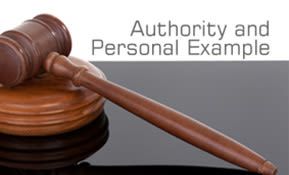
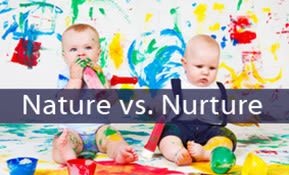
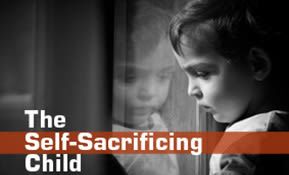



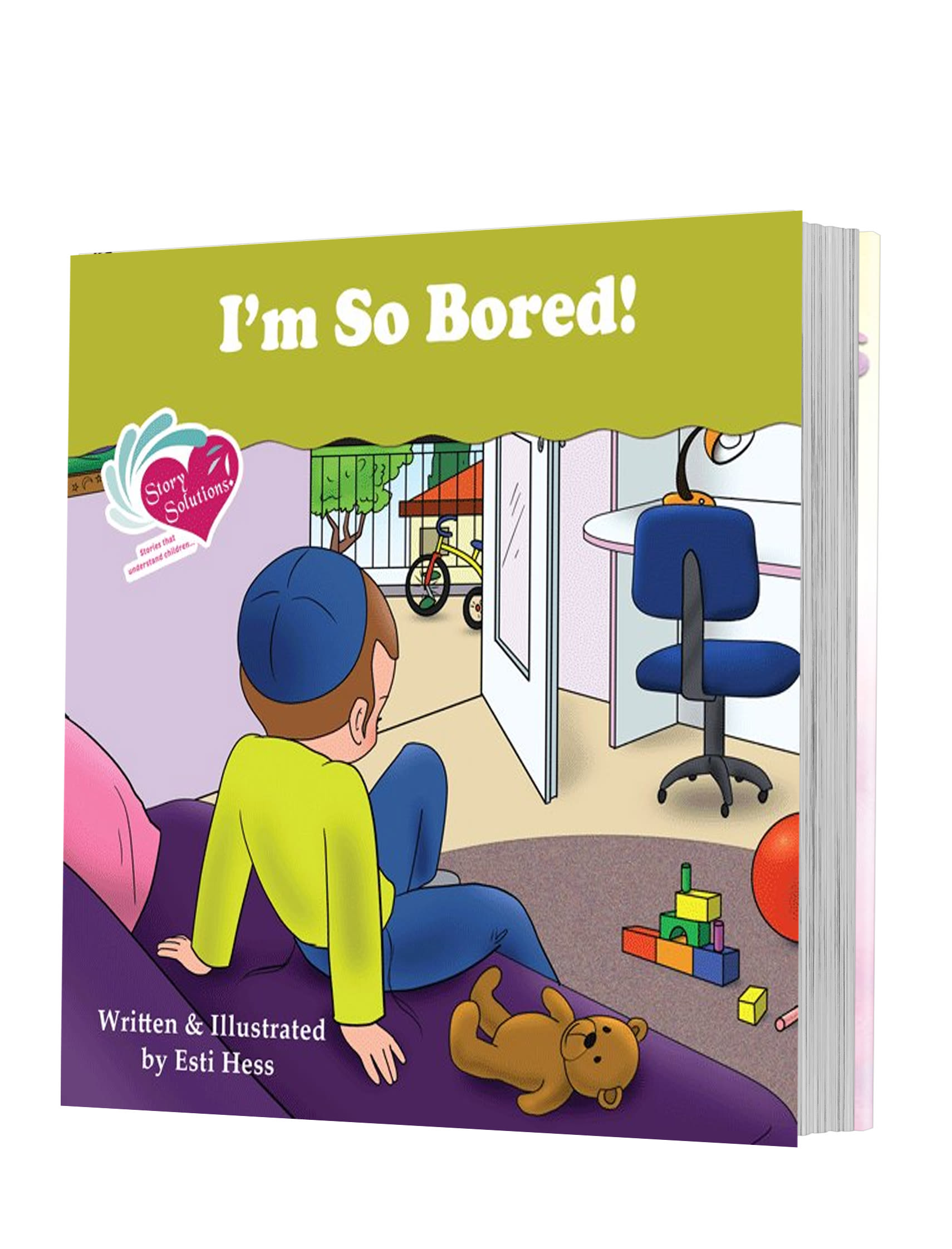



11/17/2008
I was one of those children many years ago. I can affirm this article’s premise based on personal experience. A long time ago in chutz la’aretz I, a Jewish girl, was placed in a mostly Christian (staff & patients) hospital for emotionally disturbed children for several years based on the labelling I received. It has taken me decades to recover from it. I have an ongoing issue with what I could have done to deserve this rather rough start in life. Any help from an emunah perspective is appreciated. B”H I now live in Israel.
11/17/2008
I can affirm this article’s premise based on personal experience. A long time ago in chutz la’aretz I, a Jewish girl, was placed in a mostly Christian (staff & patients) hospital for emotionally disturbed children for several years based on the labelling I received. It has taken me decades to recover from it. I have an ongoing issue with what I could have done to deserve this rather rough start in life. Any help from an emunah perspective is appreciated. B”H I now live in Israel.